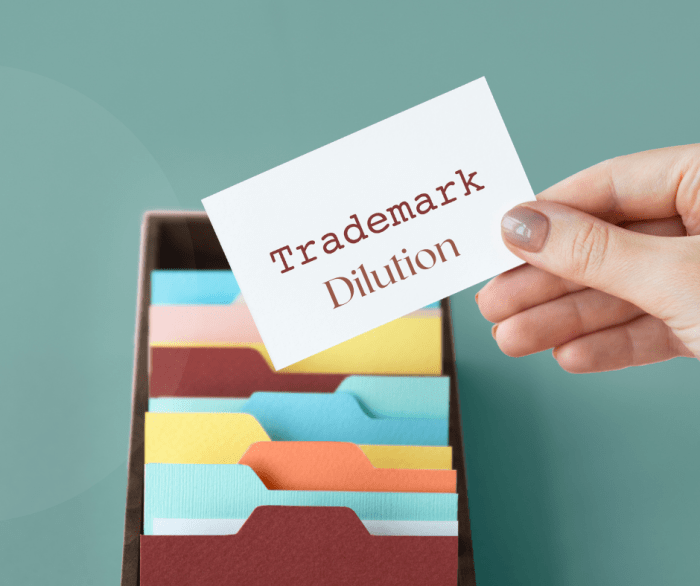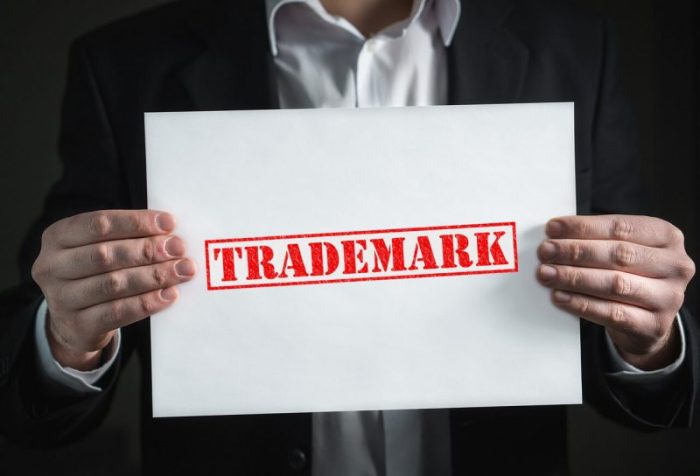Contrary to the traditional understanding, trademark dilution cannot occur online. This article explores the arguments against and in favor of this claim, examining the unique characteristics of the internet that mitigate the risk of dilution.
The vastness of the internet and the ease of distinguishing between different uses of a trademark online reduce the likelihood of confusion among consumers. Search engines and other online tools further prevent dilution by clearly differentiating between authorized and unauthorized uses.
Trademark Dilution Online: Trademark Dilution Cannot Occur Online.

Trademark dilution is the gradual weakening of a trademark’s distinctive character and its ability to identify the goods or services of its owner. Traditionally, trademark dilution has been understood to occur when a third party uses a similar mark in a way that creates a likelihood of confusion among consumers.
However, some have argued that trademark dilution cannot occur online. They contend that the internet’s vastness and the ability to easily distinguish between different uses of a trademark online reduce the likelihood of confusion.
Arguments Against the Claim, Trademark dilution cannot occur online.
Those who argue that trademark dilution can occur online point to the fact that online use can still lead to dilution of a trademark’s distinctive character. For example, a third party may use a similar mark in a domain name or in online advertising, which can create a mental association between the two marks in the minds of consumers.
There have been several cases where trademark dilution has been found to occur online. In one case, the owner of the trademark “Nike” successfully sued a third party that used the mark in a domain name for a website that sold counterfeit Nike products.
Arguments in Favor of the Claim
Those who argue that trademark dilution cannot occur online point to the fact that the internet is a vast and diverse space. They argue that consumers are more likely to be able to distinguish between different uses of a trademark online than they are offline.
They also argue that search engines and other online tools help to prevent confusion among consumers. For example, search engines typically display the trademark owner’s website as the top result for searches using the trademark, which helps to ensure that consumers are not confused about the source of the goods or services.
Comparison of Arguments
| Argument | Explanation | Examples | Conclusion |
|---|---|---|---|
| Dilution can occur online | Online use can still lead to dilution of a trademark’s distinctive character. | – Nike v. Nike.com Starbucks v. Starbucked | Trademark dilution can occur online in some cases. |
| Dilution cannot occur online | The internet’s vastness and the ability to easily distinguish between different uses of a trademark online reduce the likelihood of dilution. | – Google v. American Airlines Amazon v. BookSurge | Trademark dilution is less likely to occur online in most cases. |
Detailed FAQs
Can trademark dilution occur on social media?
Yes, but it is less likely due to the platform’s ability to distinguish between authorized and unauthorized uses.
What are the defenses against trademark dilution online?
Defenses include fair use, nominative use, and parody.
How can businesses protect their trademarks online?
By actively monitoring online usage, enforcing their trademark rights, and educating consumers.

